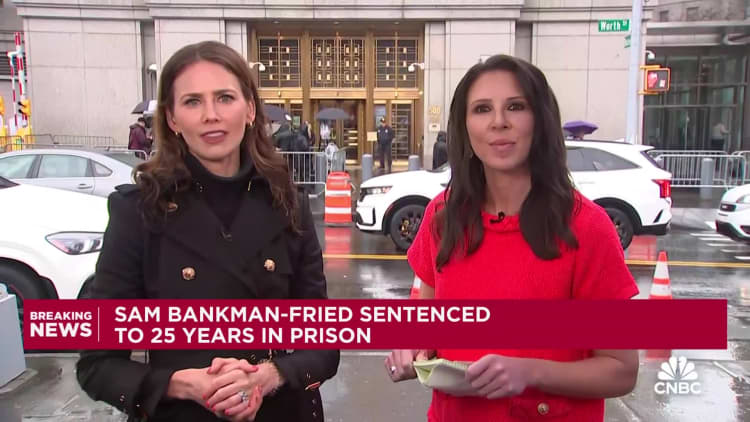FTX founder Sam Bankman-Fried was recently sentenced to 25 years in prison for his involvement in a massive fraud and conspiracy that led to the downfall of his cryptocurrency exchange and related hedge fund, Alameda Research. The sentence, handed down in Manhattan federal court, was less than what prosecutors had sought but more than what his defense had hoped for. Judge Lewis Kaplan emphasized the risk that Bankman-Fried poses for future misconduct and ordered him to pay $11 billion in forfeiture to the U.S. government.
Throughout the trial, Bankman-Fried showed little remorse for his actions, with Judge Kaplan noting that he had never seen such a performance in his 30 years on the bench. Bankman-Fried’s defense argued that the billions lost by customers were due to a liquidity crisis or mismanagement, not fraud. However, prosecutors painted a different picture, accusing him of leading a conspiracy to loot customer money for personal gain.
Bankman-Fried’s lawyer highlighted his client’s psychological issues, portraying him as a troubled individual with a constant sense of sadness. Despite this, the prosecution insisted that FTX’s collapse was a result of theft, not mismanagement. The victims of Bankman-Fried’s actions shared their stories in court, detailing the emotional and financial toll his crimes had on them.
In response to the sentencing, Manhattan U.S. Attorney Damian Williams labeled Bankman-Fried’s actions as one of the largest financial frauds in history. Attorney General Merrick Garland also warned against using wealth and power to conceal financial crimes. Bankman-Fried’s family expressed their heartbreak over the situation and vowed to continue fighting for their son.
In my opinion, the sentencing of Sam Bankman-Fried serves as a stark reminder of the risks and consequences associated with financial malpractice. It highlights the importance of accountability and transparency in the cryptocurrency industry, as well as the need for stronger regulations to protect investors. The fact that Bankman-Fried’s actions led to such significant losses for customers underscores the need for diligence and caution when dealing with financial transactions. Overall, this case serves as a cautionary tale for both industry insiders and investors alike.


